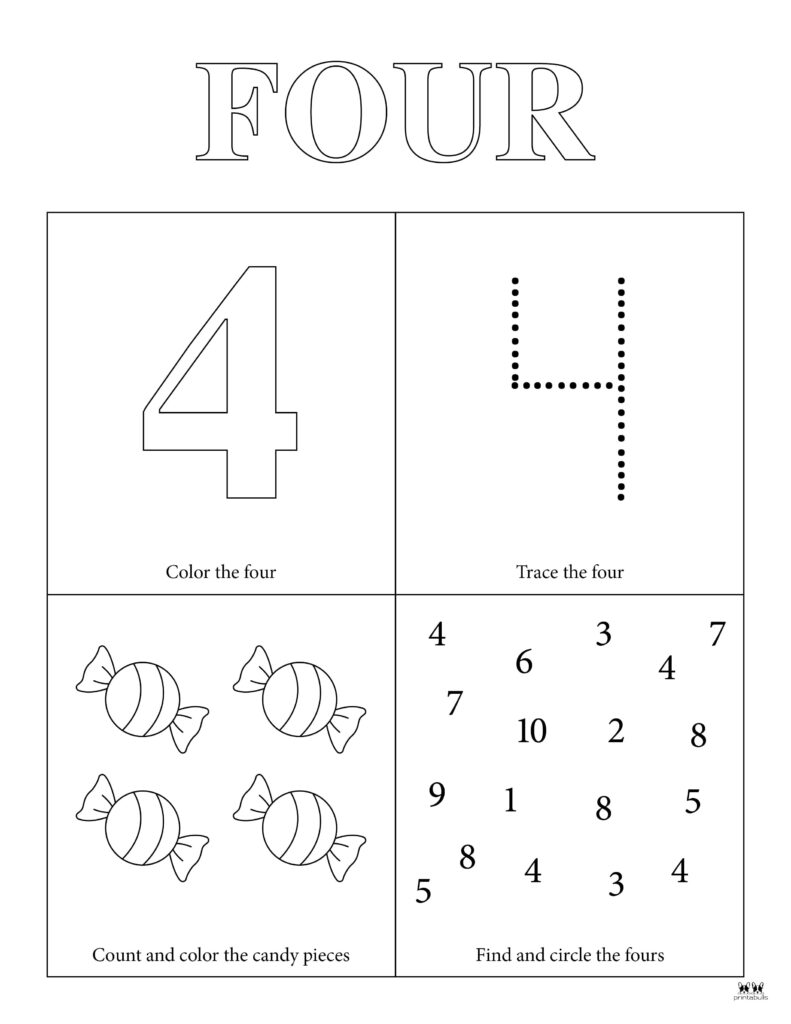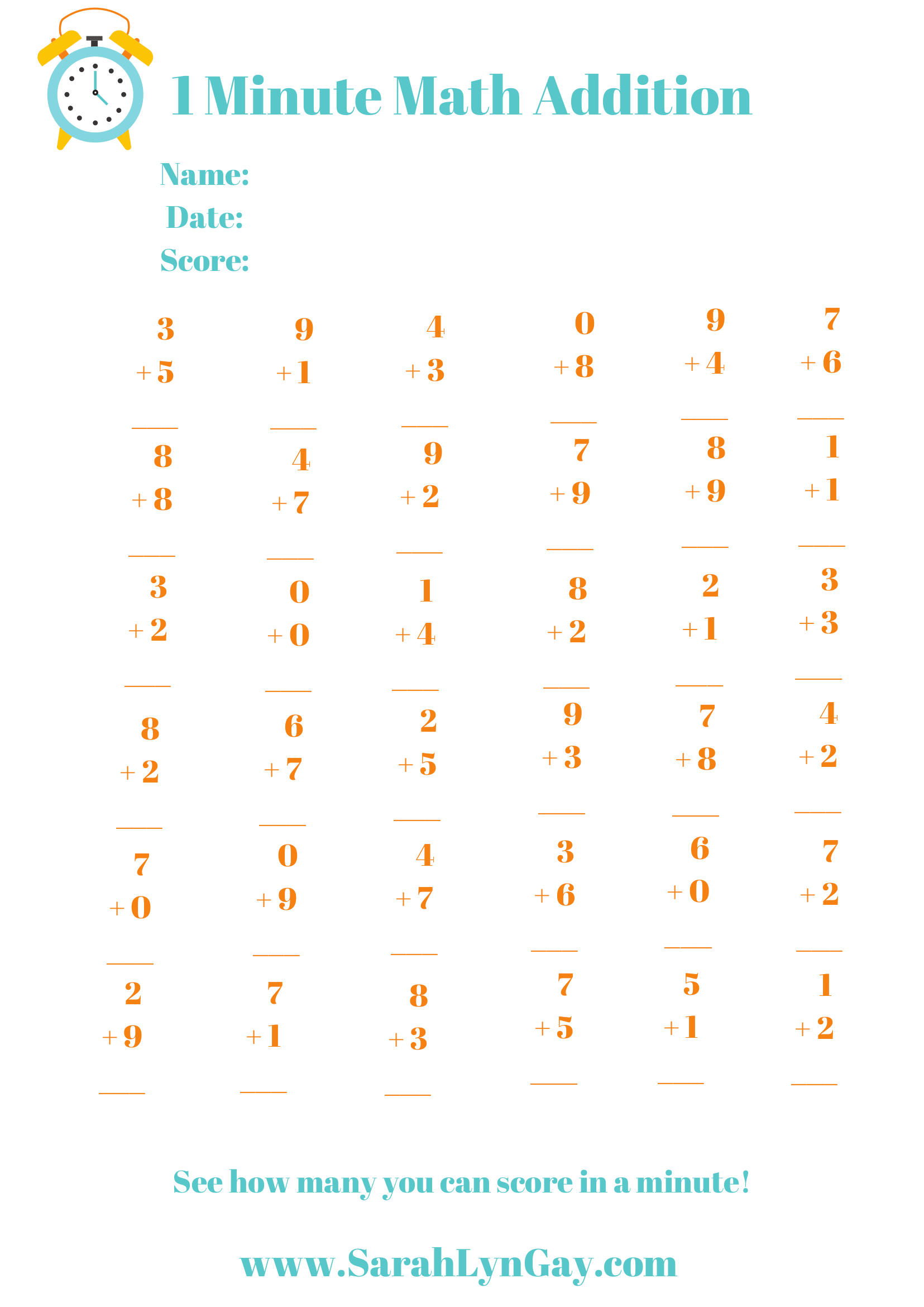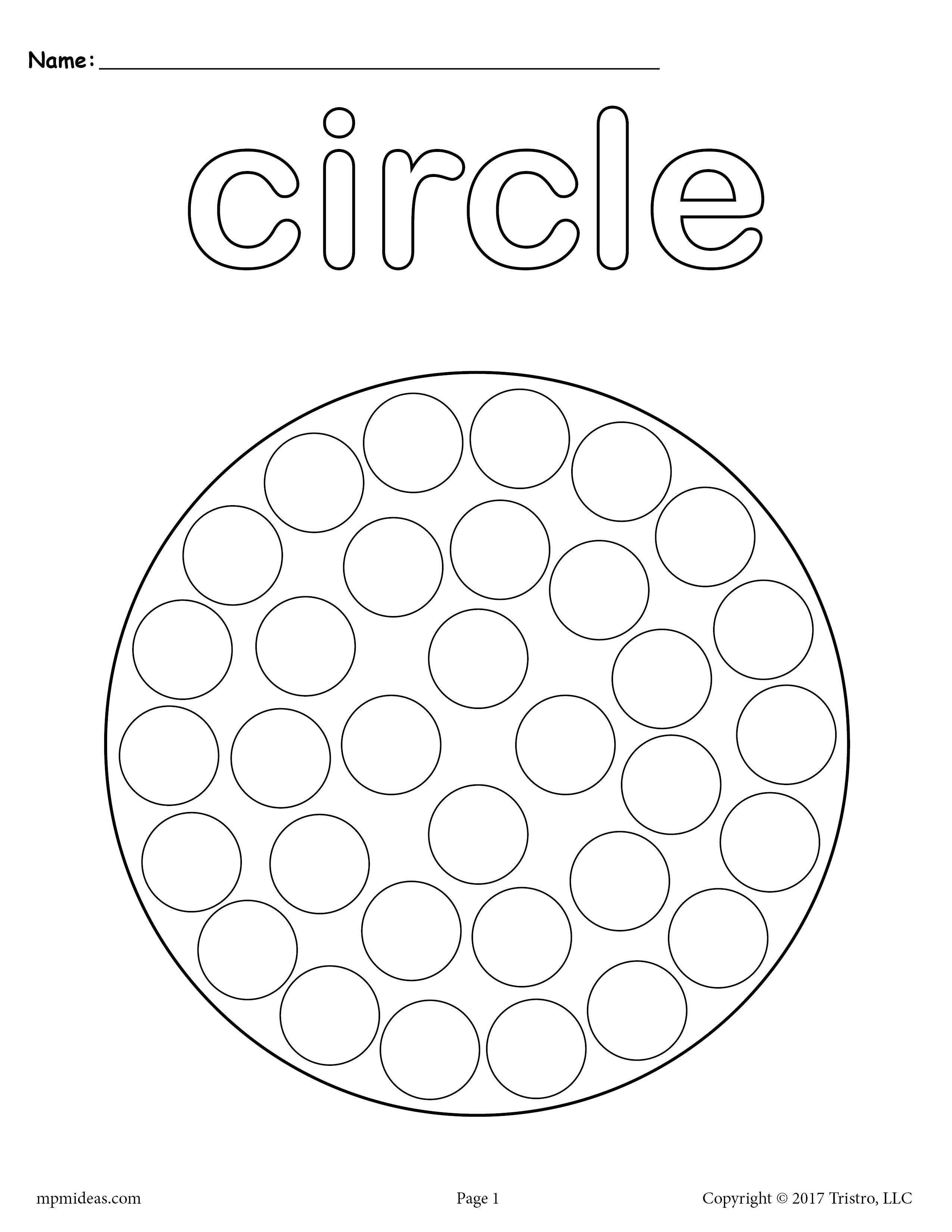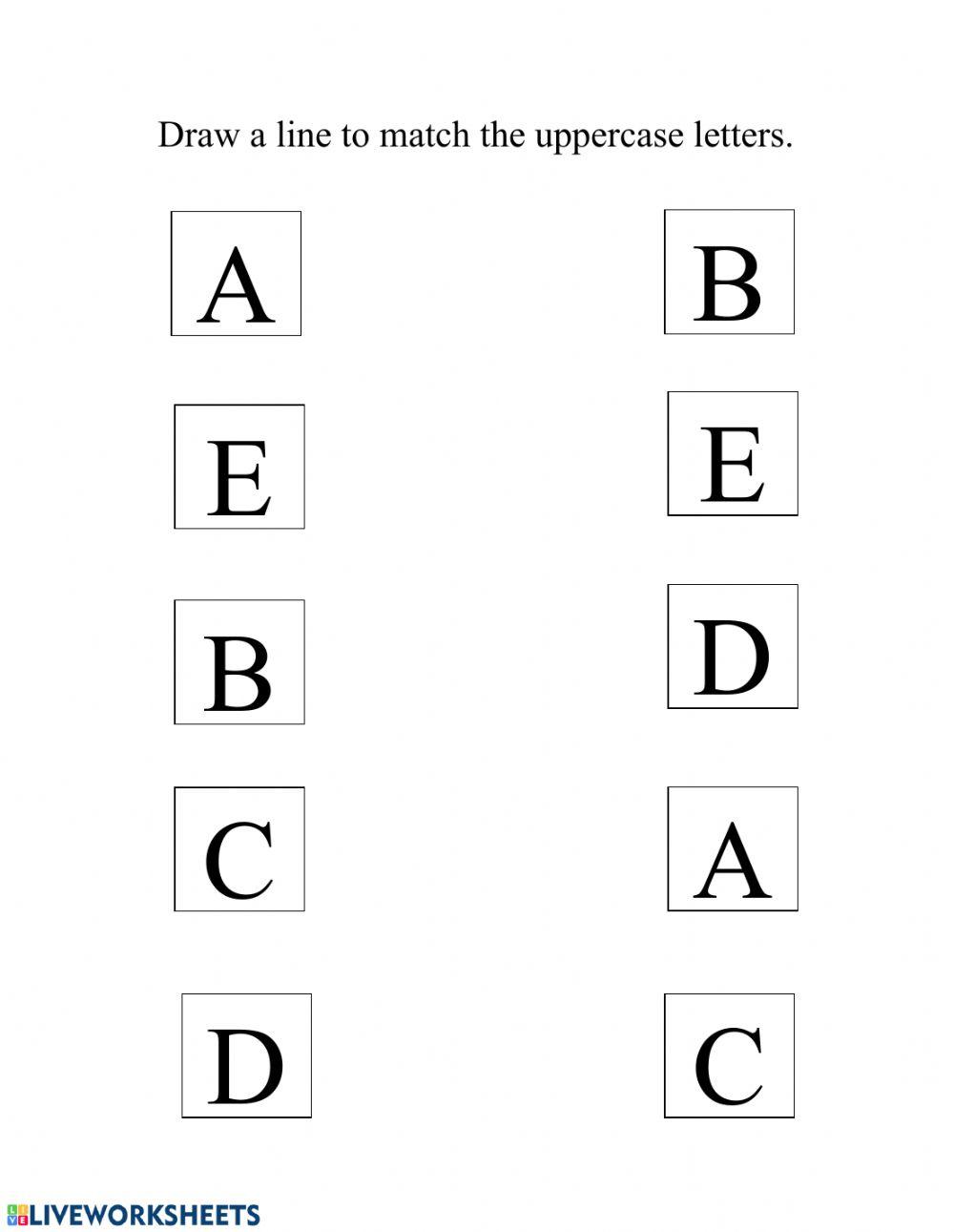Preschool is an exciting and formative time in a child’s life. It’s a stage where young learners start to grasp the basics of counting, recognizing letters, shapes, and colors, and developing essential motor and cognitive skills. As parents and educators, providing engaging and effective learning tools is critical to nurturing this early stage of development. One of the most popular and versatile learning tools is preschool worksheets.
Preschool worksheets are a fantastic resource to introduce foundational concepts to young children in a fun and interactive way. Designed with bright colors, familiar characters, and simple instructions, these worksheets capture a child’s attention and make learning enjoyable. Whether at home or in the classroom, worksheets can be tailored to meet the specific learning needs of each child. In this article, we’ll explore why preschool worksheets are an invaluable educational tool, how to use them effectively, and what kinds of worksheets best suit young learners.

Why Preschool Worksheets are Essential
-
Hands-On Learning
At the preschool level, children learn best through hands-on activities. Preschool worksheets offer a tactile approach to learning, allowing kids to trace letters, color shapes, or cut out simple designs. These activities develop fine motor skills as well as improve hand-eye coordination. By working through tasks on paper, children can see immediate results of their efforts, which helps boost their confidence and encourages further exploration. -
Interactive and Engaging
Worksheets for preschoolers are designed to be engaging, with colorful visuals and playful themes that make learning feel like a game. For instance, worksheets might feature animals, superheroes, or favorite cartoon characters, drawing children into the activity. When learning is fun, it captures a child’s attention and fosters a love for discovery that can last a lifetime. -
Building Early Academic Skills
Preschool is a crucial time for building early academic skills such as literacy and numeracy. Worksheets provide a structured way for children to practice the basics—like recognizing letters, numbers, colors, and shapes—through repetitive activities that reinforce understanding. Simple exercises, such as matching letters to pictures or counting objects on the page, gradually build a strong foundation for future academic success. -
Encouraging Independence
While preschoolers still need plenty of guidance, worksheets can encourage independent learning by offering tasks that children can complete on their own with minimal assistance. When kids are able to finish an activity by themselves, it helps develop their sense of independence and accomplishment. This can be particularly valuable for children preparing to transition into kindergarten, where they will be expected to take on more responsibility. -
Customizable and Versatile
The beauty of preschool worksheets lies in their flexibility. Whether focusing on numbers, letters, shapes, or basic problem-solving, there’s a worksheet for nearly every skill you want to develop. You can easily find worksheets that cater to different learning styles and needs. Some children might thrive with tracing and writing practice, while others may prefer more hands-on activities like cutting, coloring, or solving simple puzzles.
How to Use Preschool Worksheets Effectively
To get the most out of preschool worksheets, it’s important to approach them with a balance of structure and creativity. Here are some tips to make sure your child or student enjoys and benefits from their worksheet activities:
1. Start with Simple Tasks
Introduce worksheets gradually, beginning with simple tasks that match your child’s current abilities. For example, if your child is learning to recognize shapes, start with a basic worksheet that asks them to identify and color specific shapes. As they master each skill, you can move on to more complex worksheets that challenge them in new ways.
2. Make It a Game
Turn worksheets into a fun activity by treating them like a game. You can time how long it takes to complete a task or give small rewards, such as stickers, for finished worksheets. Encouraging a playful approach to learning helps keep children motivated and excited about the task at hand.
3. Mix It Up
Avoid overloading your child with too many worksheets in one sitting. Mixing in other forms of play-based learning, such as hands-on activities, reading aloud, or singing songs, will keep your child’s interest and prevent them from becoming bored or frustrated. Preschoolers have short attention spans, so keeping activities varied will help maintain their engagement.
4. Encourage Creativity
Many worksheets leave room for creative expression, whether it’s through coloring, drawing, or coming up with their own ideas. Encourage your child to make the worksheet their own by adding their personal touch. For example, if the worksheet involves tracing letters, let them color in the letters afterward with their favorite colors. This not only enhances creativity but also reinforces what they’ve learned.
5. Review and Reinforce
After your child finishes a worksheet, take a moment to go over it together. Ask them to explain what they did and why they chose specific answers or colors. This reinforces the material and gives you a chance to praise their efforts, which boosts their confidence and encourages further participation.
Types of Preschool Worksheets
Preschool worksheets come in many shapes and sizes, each targeting different areas of learning and development. Here are some common types that are particularly effective for young learners:
1. Alphabet Worksheets
These worksheets focus on helping children recognize and write letters. Activities may include tracing uppercase and lowercase letters, matching letters to pictures of objects, or filling in missing letters in simple words. Alphabet worksheets lay the foundation for literacy skills that will be built upon in kindergarten.
2. Number Worksheets
Number worksheets introduce children to counting, basic math concepts, and number recognition. Children might be asked to count objects and write the corresponding number, match numbers with quantities, or trace numbers to practice writing them correctly.
3. Shape and Color Worksheets
These worksheets help children recognize and name common shapes and colors. Activities can include coloring specific shapes, sorting shapes into categories, or identifying objects of a particular color. Shape and color worksheets are excellent for developing visual discrimination and early geometry skills.
4. Fine Motor Skills Worksheets
Fine motor skills worksheets are designed to improve hand control and coordination. These might involve tracing lines, cutting along dotted lines, or following patterns to draw shapes. By honing fine motor skills, children prepare for more complex tasks like writing and drawing in the future.
5. Matching and Sorting Worksheets
Matching and sorting worksheets teach young children how to identify similarities and differences. They might be asked to match pictures to their corresponding shadows, sort objects by size or type, or group items that belong together (such as matching animals with their habitats). These activities strengthen problem-solving abilities and encourage logical thinking.
Conclusion
Preschool worksheets are a valuable resource for parents and educators looking to provide engaging, educational activities for young learners. By incorporating worksheets into your child’s routine, you can help them build essential academic and motor skills while keeping the learning process fun and interactive. From alphabet and number worksheets to fine motor and shape recognition activities, there’s a worksheet to meet every preschooler’s needs. So go ahead—download some worksheets today and watch your little one thrive as they discover the joy of learning!



